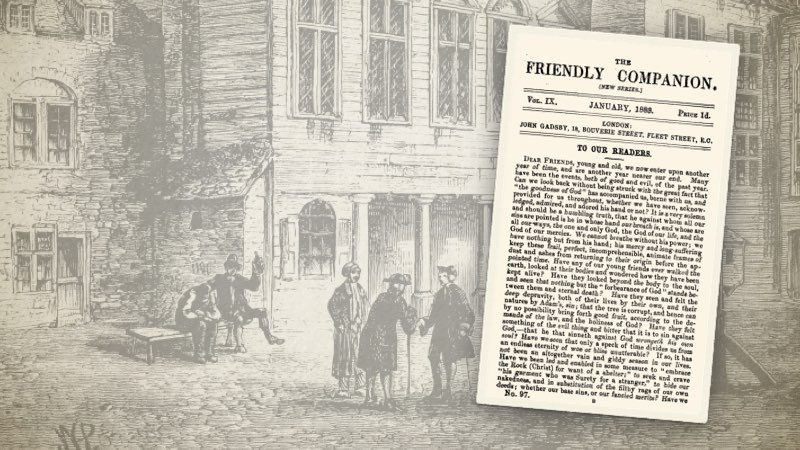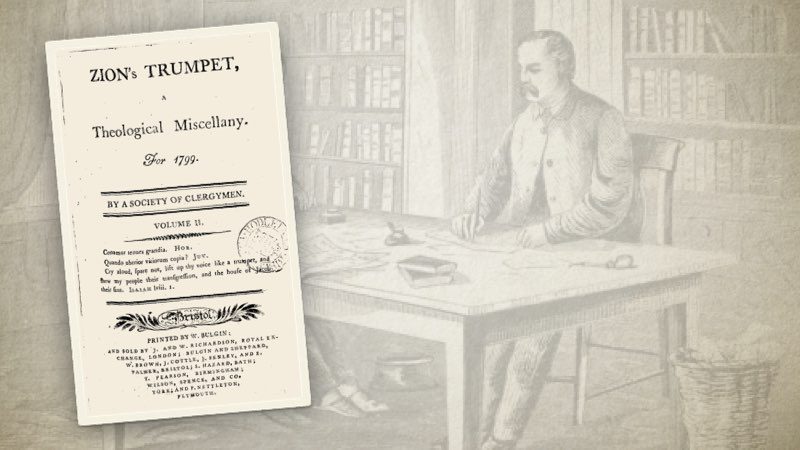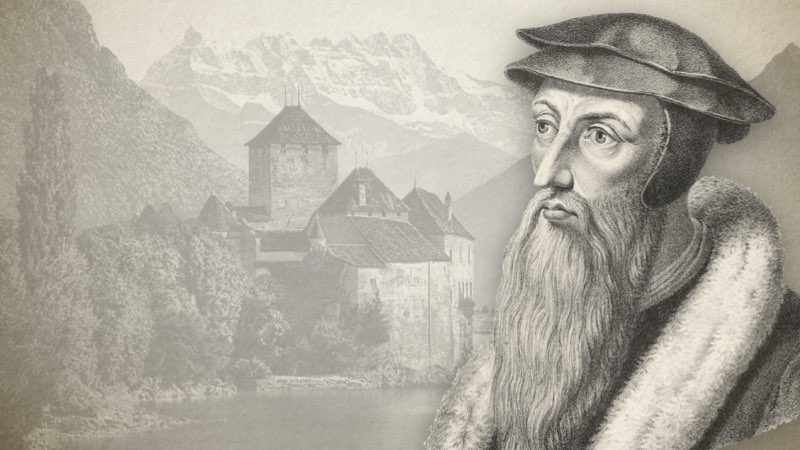-
Definitions
“Strict” The label refers to the doctrine of Close(d) Communion. 1. Churches which open the Lord’s Table to all who profess faith in Christ are called Open Communionists. Technically, however, they also observe a restricted Table since they make as a prerequisite one's profession of faith in Christ. 2. Churches which put further restrictions on the Table are called Close(d) Communionists. (1) Close Communionists welcome to the Table those who profess faith in Christ and have been baptized; or, those who profess faith Christ, have been baptized and members of churches belonging to the same faith and order. (2) Closed Communionists welcome to the Table those who are in membership with that particular local church. Although I believe Closed Communion to be aligned with scripture,…
-
God’s Care Of His People
Dear Children,—I have thought that it might not be altogether unprofitable to devote a little time to the very remarkable subject of the passage of the children of Israel through the Red Sea. It is a circumstance that manifests God's great and glorious power in the deliverance of his own people Israel; but awful vengeance indeed in the destruction of their enemies. We find the children of Israel encamped in a valley between two high hills, or mountains. The Red Sea lay before them, the impassable mountains on either side, so that, to all human appearance, there is no way out of this place but the way by which they came, and that is now blocked by a host of enemies. Now, although they are…
-
The Rev. Mr. Polwhele’s New Scheme Of Divinity
Dear Sir, You devolved on me a very unpleasant task, when you requested me to peruse the printed letter, which the Rev. R. Polwhele has addressed to Dr. Hawker of Plymouth, and to give you my decided opinion concerning its contents. You might as well have commissioned me to visit the plain of Colchis, and to employ myself in culling its noxious productions. It oftentimes affords a very high gratification to the mind of an author to indulge a vein of acrimony and malevolence, when he comes forward to expose the imagined error of a Christian brother, either in faith or manners. But this procedure, instead of recommending him to the favor of a judicious and candid reader, always excites the feelings of an honest…
-
Book 2: Chapter 17, Christ Rightly And Properly Said To Have Merited Grace And Salvation For Us
The three leading divisions of this chapter are,—I. A proof from reason and from Scripture that the grace of God and the merit of Christ (the prince and author of our salvation) are perfectly compatible, sec. 1 and 2. II. Christ, by his obedience, even to the death of the cross (which was the price of our redemption), merited divine favour for us, sec. 3–5. III. The presumptuous rashness of the Schoolmen in treating this branch of doctrine. Sections. 1. Christ not only the minister, but also the author and prince of salvation. Divine grace not obscured by this mode of expression. The merit of Christ not opposed to the mercy of God, but depends upon it. 2. The compatibility of the two proved by…
-
The Holy One Of Israel
Isaiah’s message was delivered seven hundred years before the birth of the Lord Jesus Christ. The prophecy’s principle purpose was to confirm Immanuel’s coming and supply details of what His incarnation would accomplish and provide. This series of ‘burdens’ served to reassure the Lord’s elect when their faith in God was tried. Distressing days were coming yet none of the national calamities Isaiah foresaw would hinder God’s covenant promise of grace and glory in Christ. A bigger bully The ancient city of Damascus was to be destroyed. Syria and Israel once bullied Judah, now Assyria, a bigger bully, tormented them all. Their respective capitals Damascus, Samaria and Jerusalem would all feel the pressure of Nineveh. The first two would be destroyed, Isaiah tells us, but…
-
The Holy One Of Israel
FOR A COMPLETE ORDER OF WORSHIP, INCLUDING BIBLE READING, HYMNS AND SERMON...











